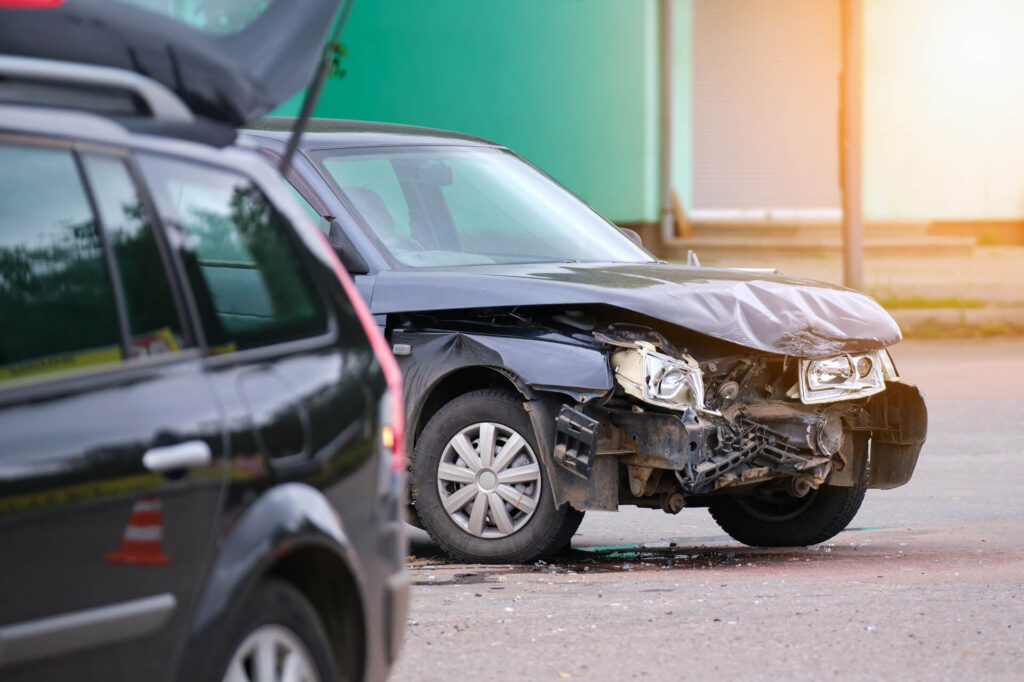Head-on collisions are among the most perilous and catastrophic types of vehicular accidents. They typically occur when two vehicles strike each other frontally and can lead to significant injuries for all parties involved. Understanding the average payout for a head-on collision is essential for victims seeking compensation for damages and expenses incurred due to the accident. This article will delve into the factors influencing payouts, the calculation of damages, and the intricacies of insurance claims.
In terms of financial recompense, the average payout for head-on collisions can vary dramatically based on numerous variables. These include the severity of the accident, the location where it occurred, the extent of damages to the vehicles, medical expenses, and lost income due to an inability to work. Furthermore, differing laws and coverage options in each state can also influence the final payout significantly.
One paramount aspect influencing these payouts is the nature of the injuries sustained. Common injuries from head-on collisions include traumatic brain injuries, spinal cord damage, fractures, and internal organ injuries. The severity of these injuries correlates closely with the compensation awarded. For instance, a minor injury might yield a modest payout, while catastrophic injuries requiring extensive medical treatment and rehabilitation can lead to six- or even seven-figure settlements.
The costs associated with medical treatment are substantial and can accumulate rapidly. Victims often face hospital bills, surgical costs, rehabilitation, and long-term care expenses. For instance, the average hospital stay for trauma-related injuries can range from several days to weeks, requiring both initial emergency care and ongoing treatments. Consequently, medical expenses become a critical component in calculating the total damages in head-on collision cases.
Another significant financial consideration is the issue of lost wages. If an individual cannot work due to injuries from the accident, they may be entitled to recover lost income. The calculation of lost wages typically considers the individual’s pre-accident earnings, the length of time they are unable to work, and any future earning capacity that may be affected due to long-term disabilities.
In addition to medical expenses and lost wages, compensation for pain and suffering is also a vital aspect of the payout equation. Pain and suffering damages are often subjective, making them more challenging to quantify. Factors influencing this component include the nature of the injuries, duration of recovery, emotional distress, and impact on daily life. Courts and insurance companies use various methods to estimate these damages, including multipliers of medical expenses or per diem calculations.
Insurance coverage also plays a crucial role in determining payouts. Each state mandates certain types of coverage, which affects how claims are settled. For instance, in no-fault states, injured parties may only file claims through their insurance, regardless of who was at fault. Conversely, in tort liability states, individuals may pursue claims against the at-fault party’s insurance, which may lead to higher payouts. Additionally, drivers must be aware of their own policy limits, which can affect the total amount they may recover.
Due to the complexities of such claims, it is wise for individuals involved in head-on collisions to consult with legal professionals experienced in personal injury law. An attorney can provide invaluable assistance in navigating the intricacies of the legal system and maximizing the financial recovery. They can help gather necessary documentation, compile medical records, and negotiate with insurance companies on behalf of the victim to ensure just compensation is pursued.
It is essential to be cognizant of the timeline involved in settling these claims. Insurance companies often require comprehensive documentation and rigorous investigation before determining final settlements. Factors such as the availability of evidence, witness statements, and police reports can prolong this process. Thus, prompt action following an accident is advisable. Victims should prioritize seeking medical attention, documenting the accident scene, and notifying their insurance provider immediately.
Victims also need to be aware of common pitfalls that can reduce their compensation. For example, accepting an initial settlement offer from an insurance company without fully understanding the extent of their damages may yield inadequate compensation. Insurance adjusters are often well-versed in negotiation strategies and may aim to settle claims quickly and for lower amounts than deserved.
Additionally, comparative fault laws can complicate claims. If the victim is found partially at fault for the accident, their compensation may be reduced by the proportion of their fault. It is paramount to evaluate these factors thoroughly to ensure a fair assessment of damages and outcomes.
In conclusion, head-on collisions can have devastating ramifications, both physically and financially. Understanding the nuances of average payouts and the factors that influence them is crucial for victims seeking to recover damages. Medical expenses, lost wages, pain and suffering, and the intricacies of insurance policies all contribute to the final compensation amount. Engaging a knowledgeable attorney can significantly enhance a victim’s chances of navigating the claims process successfully and securing fair compensation for their suffering and losses.
As the prevalence of head-on collisions continues to challenge road safety, awareness and education remain vital. Fostering a deeper understanding of the implications of such accidents can empower individuals to pursue appropriate measures for both prevention and legal recourse in the event of a tragedy.
